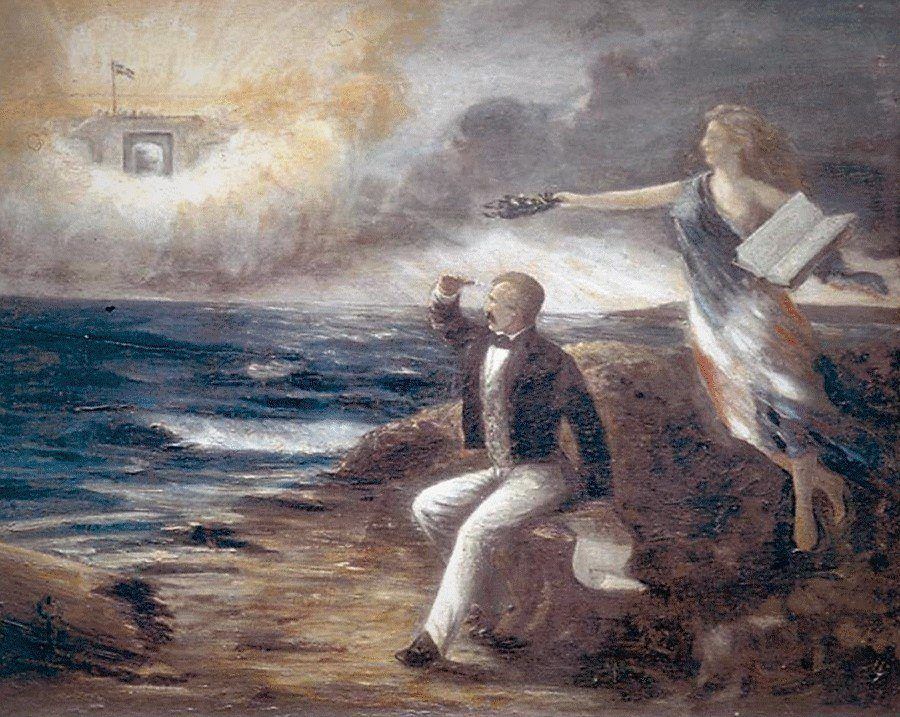The Dominican Republic (DR) overcame a grave political-institutional crisis in 2020 – the incumbent president attempted to use undemocratic and fraudulent means to stay in power. Luckily, our polity graduated toward consolidated democracy and witnessed the peaceful transfer of power from that party to the current one. As political theory predicts, internal resistance from diverse political forces was essential to avoiding the perpetuation of the previous party’s hold on power: First in defending the constitutional limits on re-election, and then in preventing the imposition of a puppet candidate whose primary election was marred by rampant electoral fraud that drained any legitimacy he might have had. This movement constituted the expressed will of the Dominican people and the democratic forces organized for change in decayed institutions with the aim of preserving the freedoms won by our founding fathers. We must also recognize the help of former Secretary of State Mike Pompeo, who warned the incumbent of the dangers of the ambition to perpetuate himself in power. Senators Bob Menéndez and Marco Rubio also played starring roles in providing international scrutiny.
Having overcome such a moment, the local party-political system faces another crisis in the form of a dead end. The current system is shot through with corruption and rent-seeking, if not openly mafioso. The major parties – which have historically gained power through forming broad coalitions with other parties and social movements – recently gave themselves advantageous rules for electoral competition, entrenching their dominance. At present, both “major” parties constitute expressions of leftist Latin American political forces. Both viable options for power in the DR are members of Lula’s Foro de São Paulo. Though important factions within them are not truly ideological (their power rests in patronage), this consolidation of leftism guarantees a bad result for the political right, no matter the victor in elections – with attendant consequences for such areas as relations with China and Venezuela.
Historically, most of the Dominican people have voted for moderate parties, with a strong preference for right wing ideology. The cycle of the post-civil war (1966-1996) was dominated by the Reformist party, now a rump minority faction. In 1996, for exceptional historical reasons to do with election rigging, a historic pact between the center-left and center-right brought Dr. Leonel Fernández to power, defeating the most important mass movement led by Dr. José Francisco Peña Gómez. This new cycle initiated by Fernández allowed his party to stay in power for 5 of the 6 terms from 1996-2020. In this period, the parties of the right were substantially weakened in electoral terms, having previously dominated the political scene. To cut a long story short, there is an unbalanced status quo where no conservative political organization retains the possibility of acceding to power, despite representing the views of a plurality or more of the citizenry.
There is hope. New generations have shown elevated interest in electoral participation under conservative and patriotic colors. Conscious of this reality and of the confrontations elsewhere in the region and the world, a group of organizations and movements with a long political tradition is exploring the best way to articulate the axioms of conservative thinking at this local level. At the same time, great efforts are being made to modernize the systems of communication and integrate new leaders and new blood. Some of these organizations are already part of the International Democratic Union (IDU), the Union of Latin American Parties (UPLA) and the Christian Democrat Organizacion of America (ODCA).
We are convinced that we are at a historic crossroads which, if we work together and ensure the means and resources necessary, we may constitute a viable option in 2024 and future elections, restoring the ideological balance this naturally right-wing country needs.
Among the first steps in our plans is the cohesion of a school of political training for leaders – an institution which by nature must have regional projection towards central America and the Greater Caribbean. We already have the spaces and installations suited for these ends and understand the necessity of opening digital communication channels to attract, integrate and unify participants who can fill important roles in implementing our values, ideas and policies.
The Dominican Republic must strengthen its national project. One of the most urgent changes to meet this goal is a change in the capitalist development model, reducing substantially the presence of the State in national livelihoods, while nurturing productive forces and creative energies within an export-oriented market economy. The Christian identity of our people, along with democratic, republican and liberal values in pursuance of the preservation of rights, must be at the center of this push.
For these ends we will appreciate any and all assistance of fellow-traveling organizations, especially those to do with communications, organization, capacity-building and political strategy. In the meantime, you know where you may find us: In the first city of America – Santo Domingo.
Don Pelegrín Castillo is the Vice President of the National Progressive Front, a patriotic and socially-conservative political party in the Dominican Republic. He is a former Cabinet minister, having held the portfolio for Energy & Mining in a past administration, as well as a former member of the Dominican lower house of Congress. He publishes widely in Spanish is affiliated to a number of issue-based groups such as the Dominican friends of Taiwan, the Cuban Democratic movement in exile.
The featured image shows, “Duarte contemplating the birth of the Republic,” by Luis Desangles; painted in 1890.
